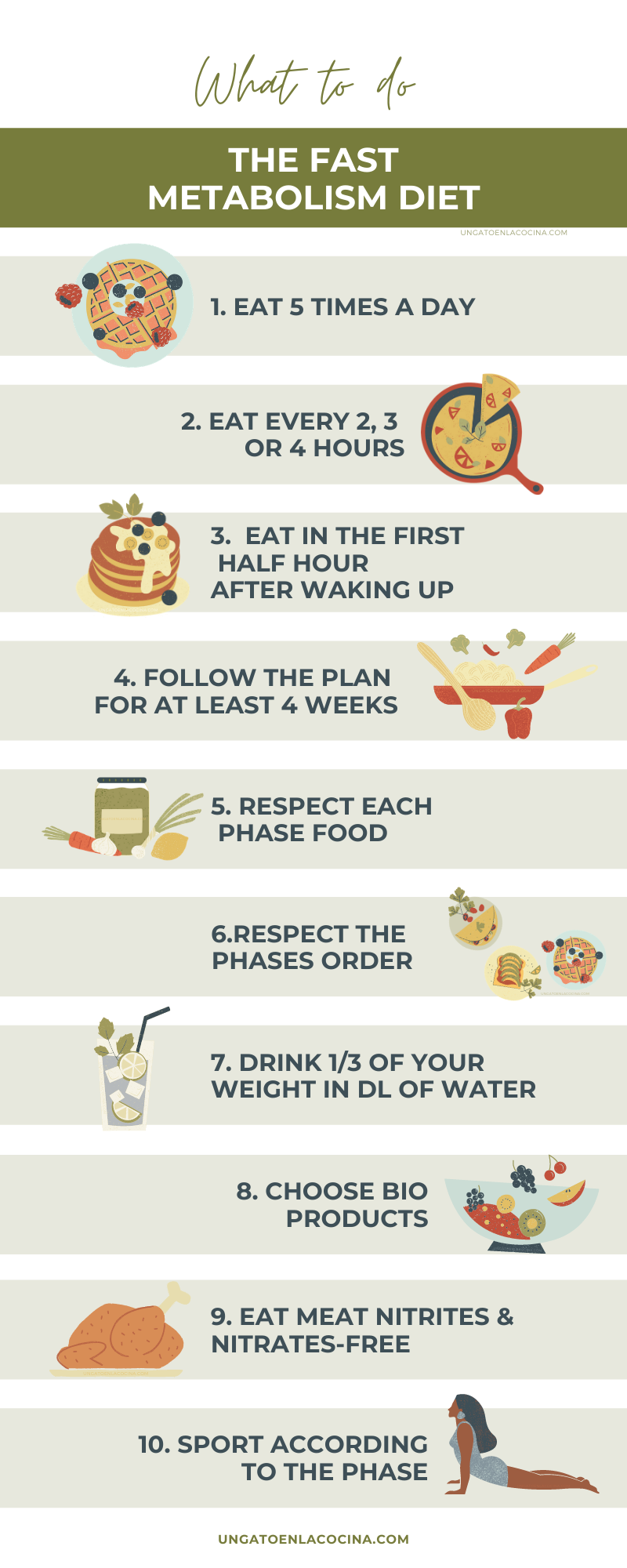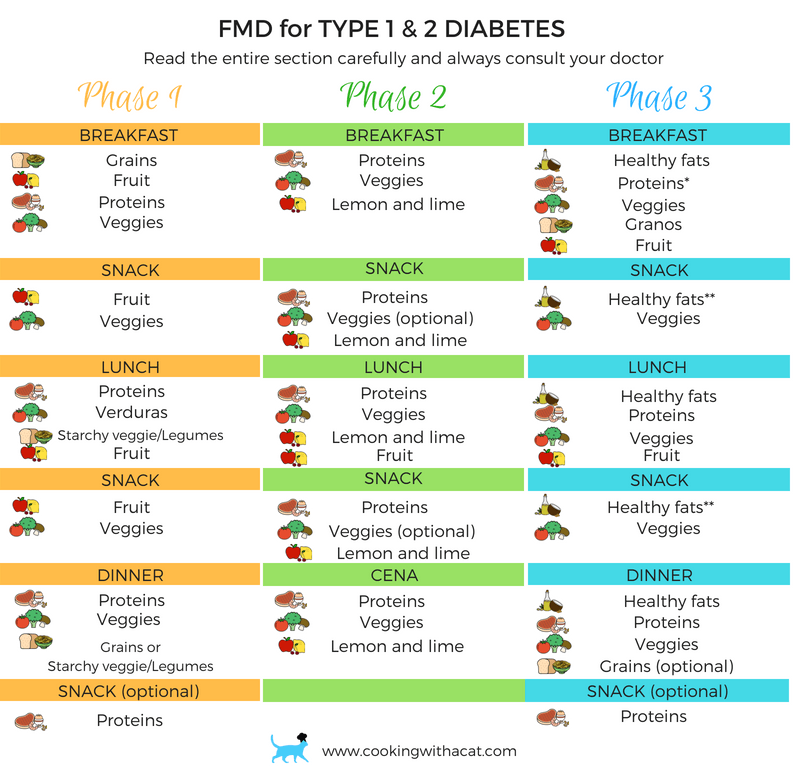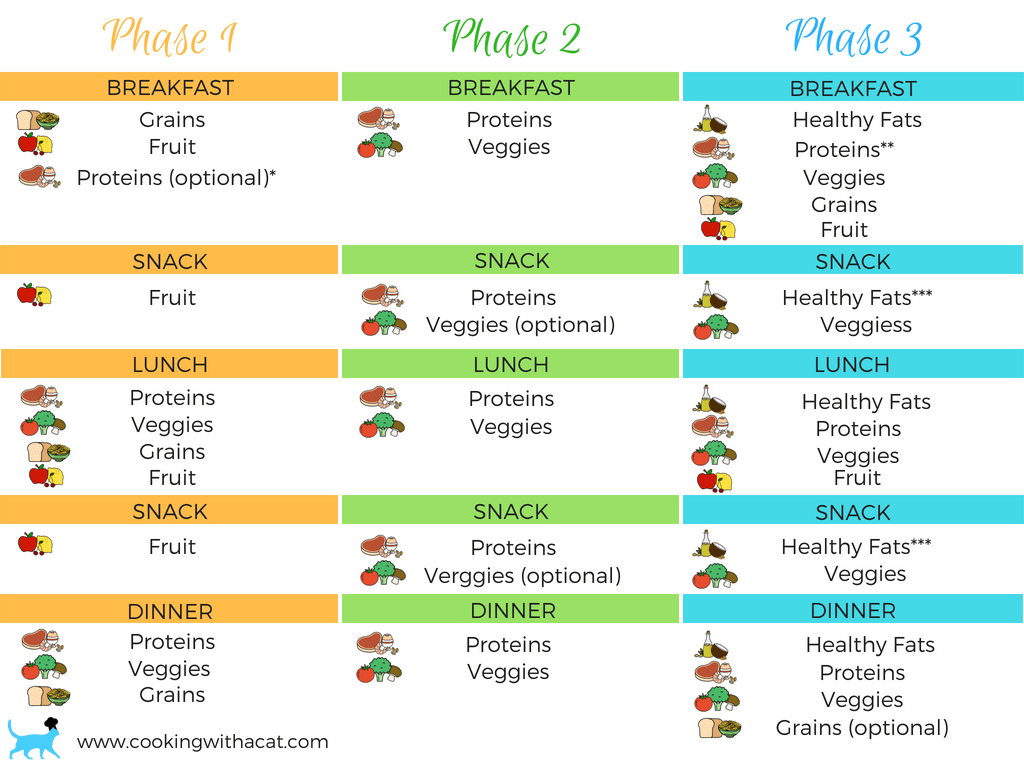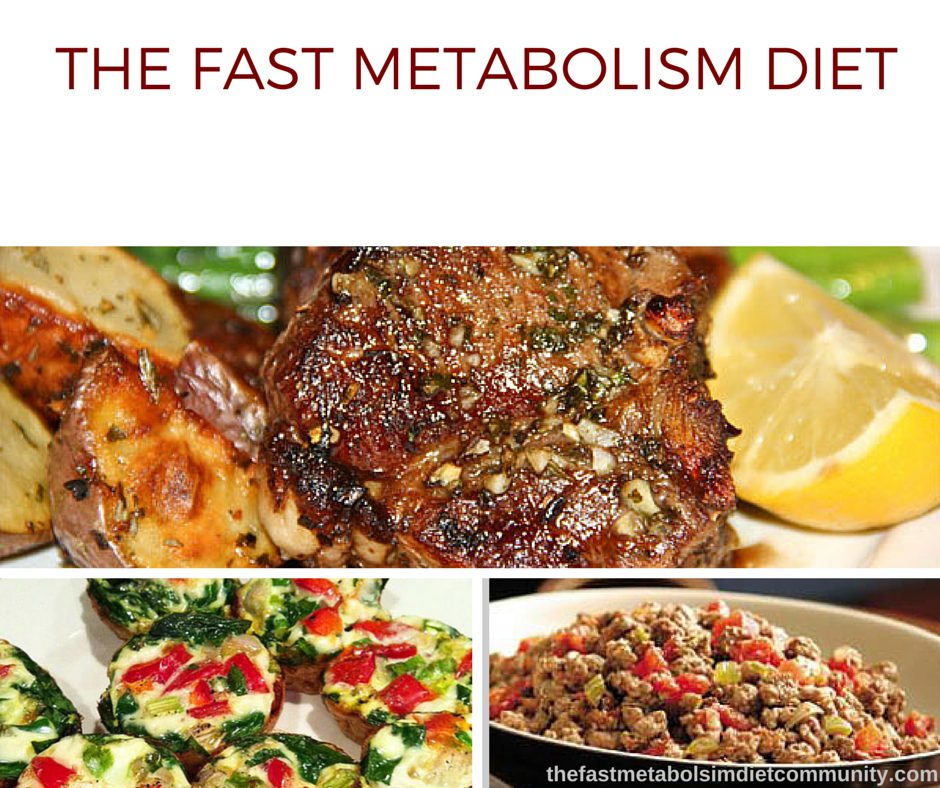What Is The Fast Metabolism Diet

Are you struggling to lose weight despite your best efforts? A popular diet trend, the Fast Metabolism Diet, promises to unlock your body's fat-burning potential through strategic eating. This article breaks down the core principles of this diet, separating fact from fiction.
The Fast Metabolism Diet, created by nutritionist Haylie Pomroy, centers on the idea that "dieting" slows down your metabolism. The diet aims to manipulate food consumption to "fix" a sluggish metabolism, leading to weight loss and improved health. This involves cycling through different food groups each day of the week.
The Core Principles
The diet operates on a 7-day cycle, with each day focusing on specific food groups to purportedly stimulate distinct metabolic processes. These phases are designed to "trick" the body into burning fat, rather than storing it. The diet emphasizes whole, unprocessed foods and discourages calorie counting.
Phase 1: Monday & Tuesday - High-Glycemic Carbs and Fruits
These days are dedicated to calming adrenal glands and preparing the body for fat burning. Focus on high-glycemic fruits like mangoes and pears, alongside carbohydrate sources like brown rice and oatmeal. Lean proteins like turkey or fish are also included.
Phase 2: Wednesday & Thursday - High-Protein and Vegetables
Phase 2 aims to unlock stored fat by focusing on protein and non-starchy vegetables. Beef, chicken, and eggs are encouraged, coupled with leafy greens, broccoli, and cauliflower. Avoid fruits, grains, and healthy fats during these days.
Phase 3: Friday, Saturday & Sunday - Healthy Fats, Protein, Carbs and Fruits
This phase is designed to ignite the metabolism and burn fat. It allows for a broader range of foods, including healthy fats like avocado and nuts, alongside moderate amounts of protein, carbohydrates, and fruits. The goal is to maximize fat burning while preventing the body from going into starvation mode.
Food Restrictions and Guidelines
The Fast Metabolism Diet places restrictions on certain foods, regardless of the phase. Dairy products, refined sugars, alcohol, caffeine, corn, soy, and artificial sweeteners are strictly prohibited. These restrictions are believed to hinder metabolic function.
Adherents are encouraged to eat five times a day, spaced roughly three hours apart. This frequent eating pattern is intended to keep the metabolism active throughout the day. Each meal and snack should align with the specific food groups allowed for that day's phase.
The Science Behind the Claims
The scientific community remains skeptical of the diet's core claims. While changes in food intake can certainly impact metabolism, the idea that specific food combinations can dramatically "fix" a broken metabolism lacks robust scientific backing. Many experts believe the diet's effectiveness stems primarily from calorie restriction and the focus on whole foods.
Studies on very similar intermittent dieting approaches support improved weight loss through calorie deficit. However, direct research validating the specific cyclical approach of the Fast Metabolism Diet is limited. Therefore, the diet's proponents largely rely on anecdotal evidence and personal testimonials.
Potential Benefits and Risks
Potential benefits include weight loss, increased energy levels, and improved blood sugar control. The diet encourages the consumption of whole, unprocessed foods, which can promote overall health. The structure of the diet might also help some people develop healthier eating habits.
Potential risks include nutrient deficiencies due to the restricted food choices. Some individuals may find the diet difficult to adhere to due to the complex meal planning and restrictions. It is essential to consult a healthcare professional before starting any new diet, especially if you have underlying health conditions.
Who is Haylie Pomroy?
Haylie Pomroy is a well-known celebrity nutritionist and wellness consultant. She is the author of "The Fast Metabolism Diet," and has worked with numerous high-profile clients. Her approach to nutrition focuses on addressing individual metabolic needs through personalized dietary plans.
Where can you find more information?
Information about the Fast Metabolism Diet is widely available online and in bookstores. Haylie Pomroy's official website and social media channels are primary sources of information. However, always consult with a registered dietitian or healthcare provider for personalized advice.
Conclusion: Is the Fast Metabolism Diet Right for You?
The Fast Metabolism Diet offers a structured approach to weight loss centered around cyclical eating patterns. While the scientific evidence supporting its specific claims is limited, it does encourage healthier food choices and mindful eating. Individuals interested in trying the diet should thoroughly research its principles and consult with a healthcare professional to determine if it's a safe and sustainable option for them.
Ongoing research continues to explore the relationship between food timing and metabolic function. Stay updated on new findings and consult with a healthcare professional for the latest evidence-based dietary recommendations. Always prioritize a balanced and sustainable approach to health and well-being.

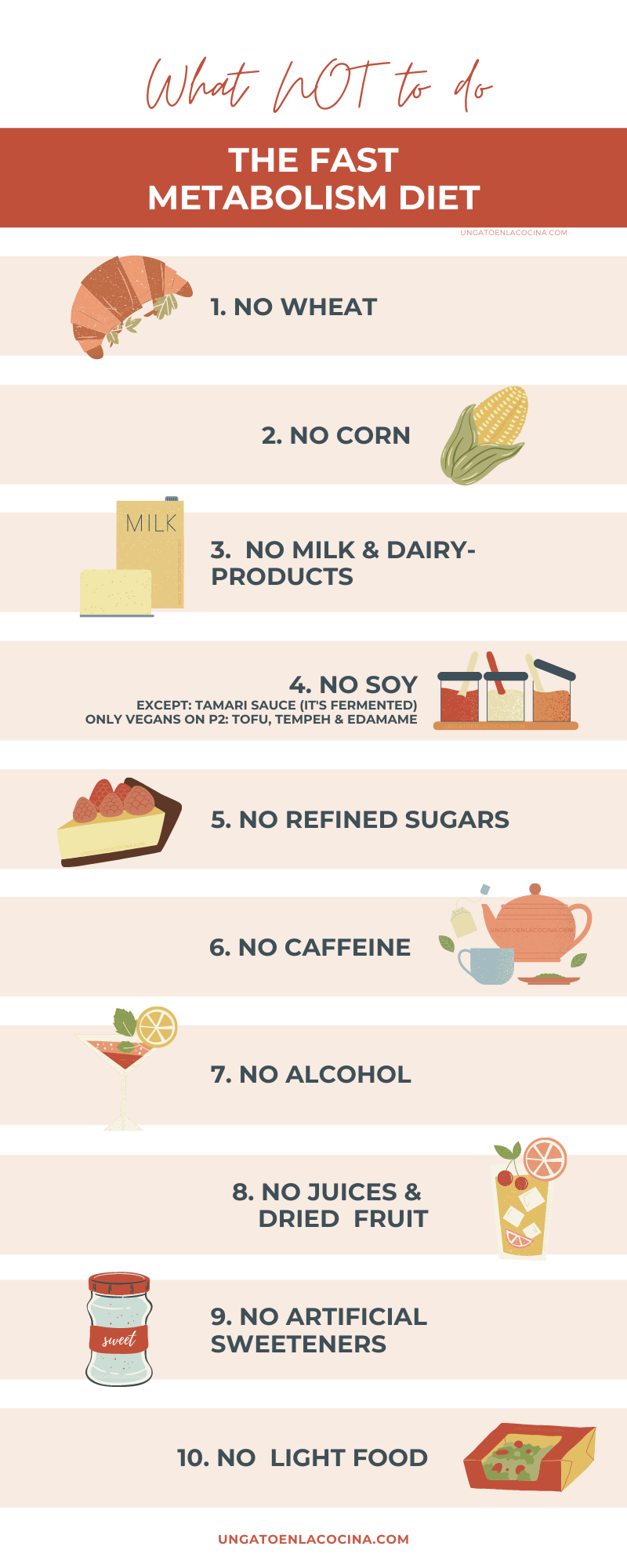
/fast-metabolism-diet-4684074-a-578cf2584dfa496398c26b2c334ed17e.jpg)
